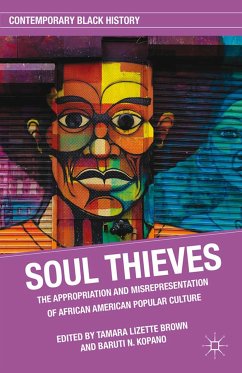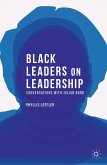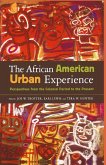Dieser Download kann aus rechtlichen Gründen nur mit Rechnungsadresse in A, B, BG, CY, CZ, D, DK, EW, E, FIN, F, GR, HR, H, IRL, I, LT, L, LR, M, NL, PL, P, R, S, SLO, SK ausgeliefert werden.
"This ground breaking interdisciplinary publication is long overdue and offers deep insight into the efficacy of African American popular culture and it's critical impact on shaping artistic cultural production on a global scale. The contributors, leading scholars in their respective research areas, set the record straight through their thought provoking and accessible historicalresearch." - Melanye White Dixon, Associate Professor, Department of Dance, The Ohio State University, USA









